The Benefits of Vegetable Gardening
Vegetable gardening has many benefits. It gives you fresh, healthy produce from your own backyard, saving money and reducing your need for store-bought vegetables. Gardening also gets you moving, lowers stress, and connects you with nature. To make the most of it, start with a good plan. Choose a sunny spot, pick vegetables that grow well in your climate, and prepare the soil properly. Planning helps avoid problems and makes your garden more productive. A good start leads to a successful garden, a great harvest, and an enjoyable hobby.
What is Vegetable Gardening?
Vegetable gardening is about growing edible plants like tomatoes, carrots, and lettuce in your garden or yard. You can do it in big garden beds or small pots on a balcony. Important steps include preparing the soil, picking vegetables that suit your climate, and handling pests and diseases. Growing your own vegetables gives you fresh, healthy produce and can be a fun hobby. It helps you save money on groceries, keeps you active, and brings you closer to nature, providing both practical benefits and personal enjoyment.
Essential Tools and Supplies
To start vegetable gardening, you need a few basic tools and supplies. Use a trowel for digging, a hoe for getting rid of weeds, and a rake for smoothing the soil. A watering can or hose is needed to water your plants. Gloves protect your hands, and pruning shears help you cut plants.You’ll also need seeds or young plants, labels to keep track of them, and maybe stakes or cages for support. Good soil and compost help plants grow, and mulch keeps moisture in and weeds out. These tools make gardening easier and help your plants grow well.
Planning Your Vegetable Garden
Planning your vegetable garden helps you get a good harvest. Choose a sunny spot with soil that drains well. Pick vegetables that will grow well in your climate and fit your space. Arrange plants so they have enough room to grow and get air. Place taller plants, like tomatoes, at the back, and shorter ones, like lettuce, at the front. Create a schedule for planting seeds and moving seedlings. Use companion planting to boost growth and keep pests away. Good planning makes your garden more productive and healthy.
Choosing the Right Location
Choosing the right spot for your vegetable garden is important for a good harvest. Pick a sunny area that gets 6-8 hours of sunlight each day, as most vegetables need plenty of sun. Make sure the soil drains well to avoid water problems. Avoid places with lots of shade from trees or buildings. It’s helpful if the spot is close to a water source for easy watering. Check the soil quality and add compost or other nutrients if needed. A good location helps your plants grow healthy and produce plenty of vegetables.
Deciding What to Grow
Deciding what to grow in your vegetable garden involves a few important steps. Choose vegetables that fit your climate; some like cooler weather, and others need warmth. Consider your space—small gardens are better for compact plants, while bigger areas can hold more. Think about how much time you can spend gardening; some vegetables need more care. Pick vegetables you like and will eat. Learn which plants grow well together to use space wisely and keep pests away. Making good choices helps you have a successful garden that works for you.
Preparing Your Garden
Preparing your garden is important for a good growing season. Begin by clearing weeds, rocks, and trash from the area. Test the soil and add compost or organic matter if needed. Use a shovel or tiller to loosen the soil, which helps with drainage and root growth. Plan where each plant will go, considering their space and sunlight needs. Make rows or beds and mark where to plant. Water the soil well before you start planting. Good preparation helps your plants grow healthy and strong.
Soil Preparation and Improvement
Soil preparation and improvement are important for healthy plants. Start by removing weeds, rocks, and debris from your garden. Test the soil to check its pH and nutrients, and make changes if needed. Add compost or organic soil fertilizers to make the soil richer and better for plants. Use a shovel or tiller to loosen the soil, which helps with drainage and root growth. If the soil is too acidic or alkaline, use lime or sulfur to adjust it. Adding well-rotted manure or organic fertilizers can boost nutrients. Proper soil preparation helps your plants grow strong and healthy.
Maintaining Your Vegetable Garden
Maintaining your vegetable garden is key to a good harvest. Water your plants regularly, keeping the soil moist but not soggy. Check for pests and diseases, and fix problems quickly with treatments. Control weeds by mulching or pulling them out to stop them from stealing nutrients and water. Prune plants to help them grow well and remove any dead or sick parts. Fertilize to add nutrients back into the soil. Use stakes or cages to support plants like tomatoes. Regular care helps your garden stay healthy and produce plenty of vegetables.

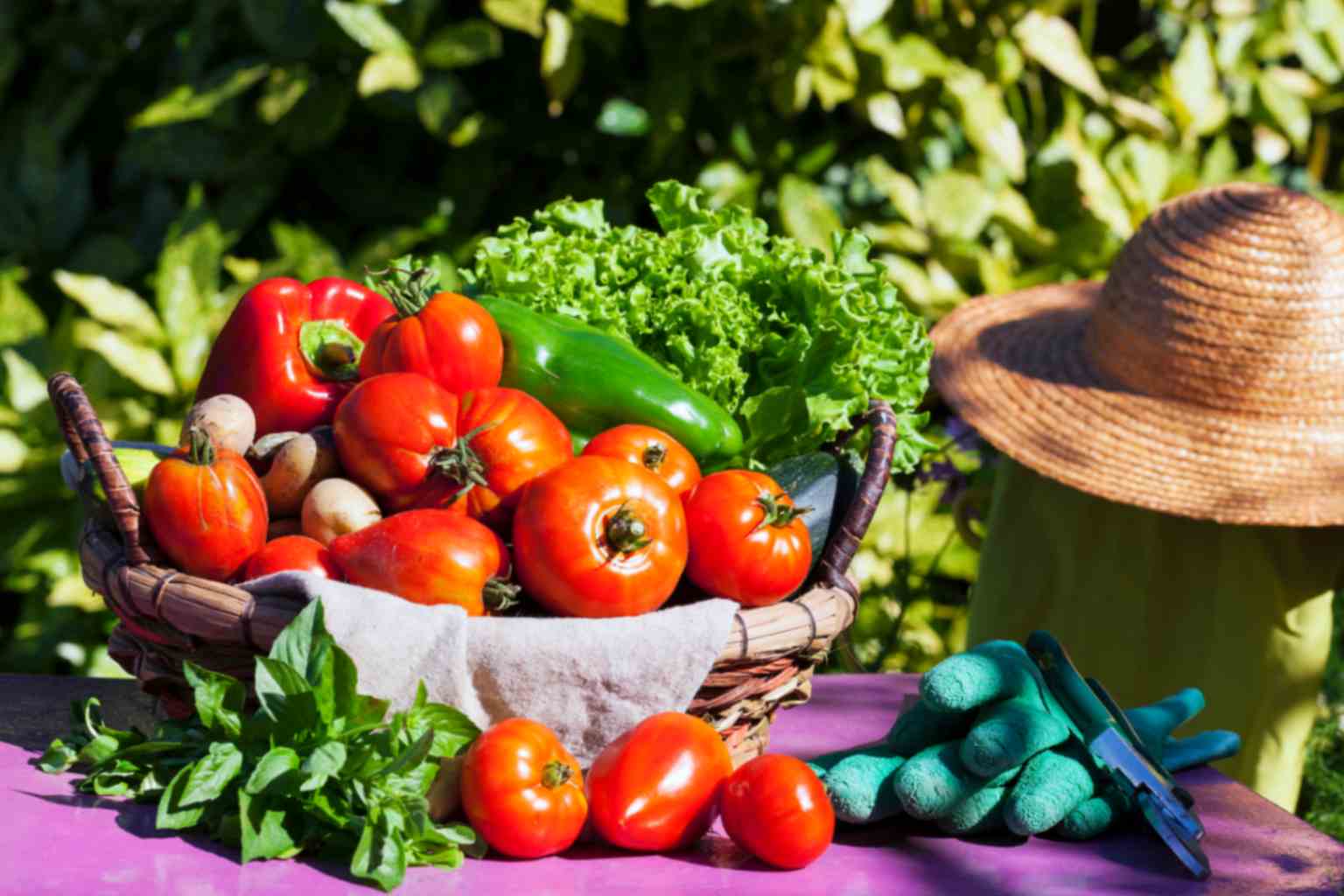



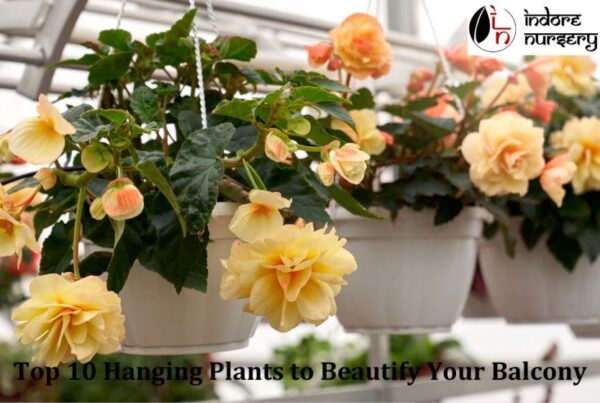
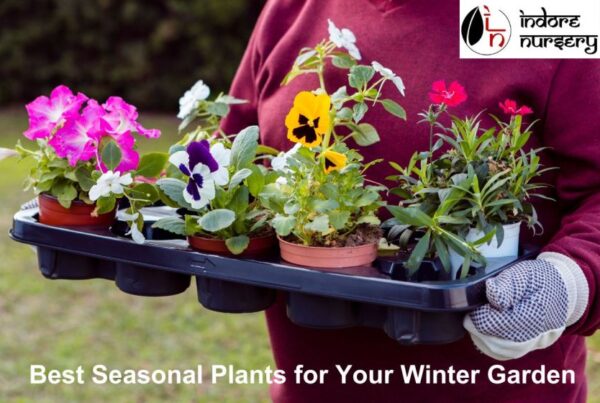
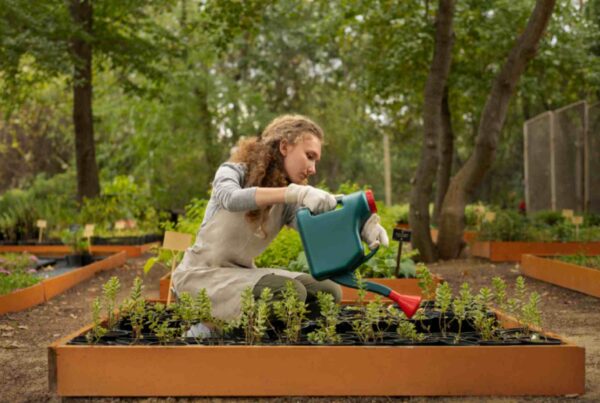

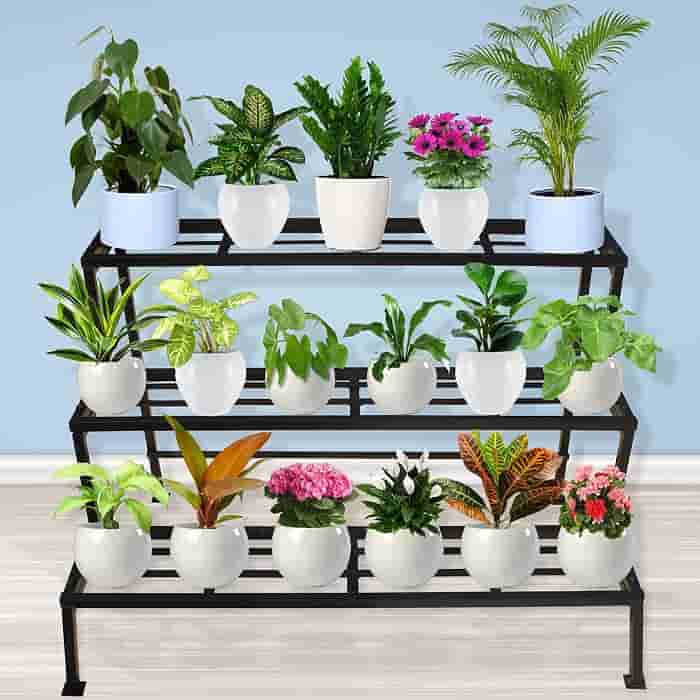
Recent Comments